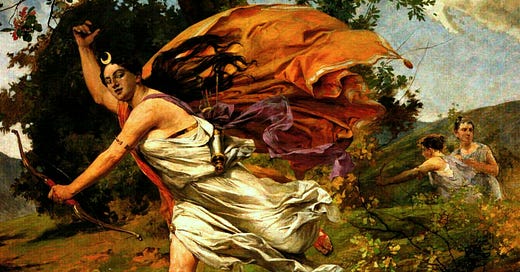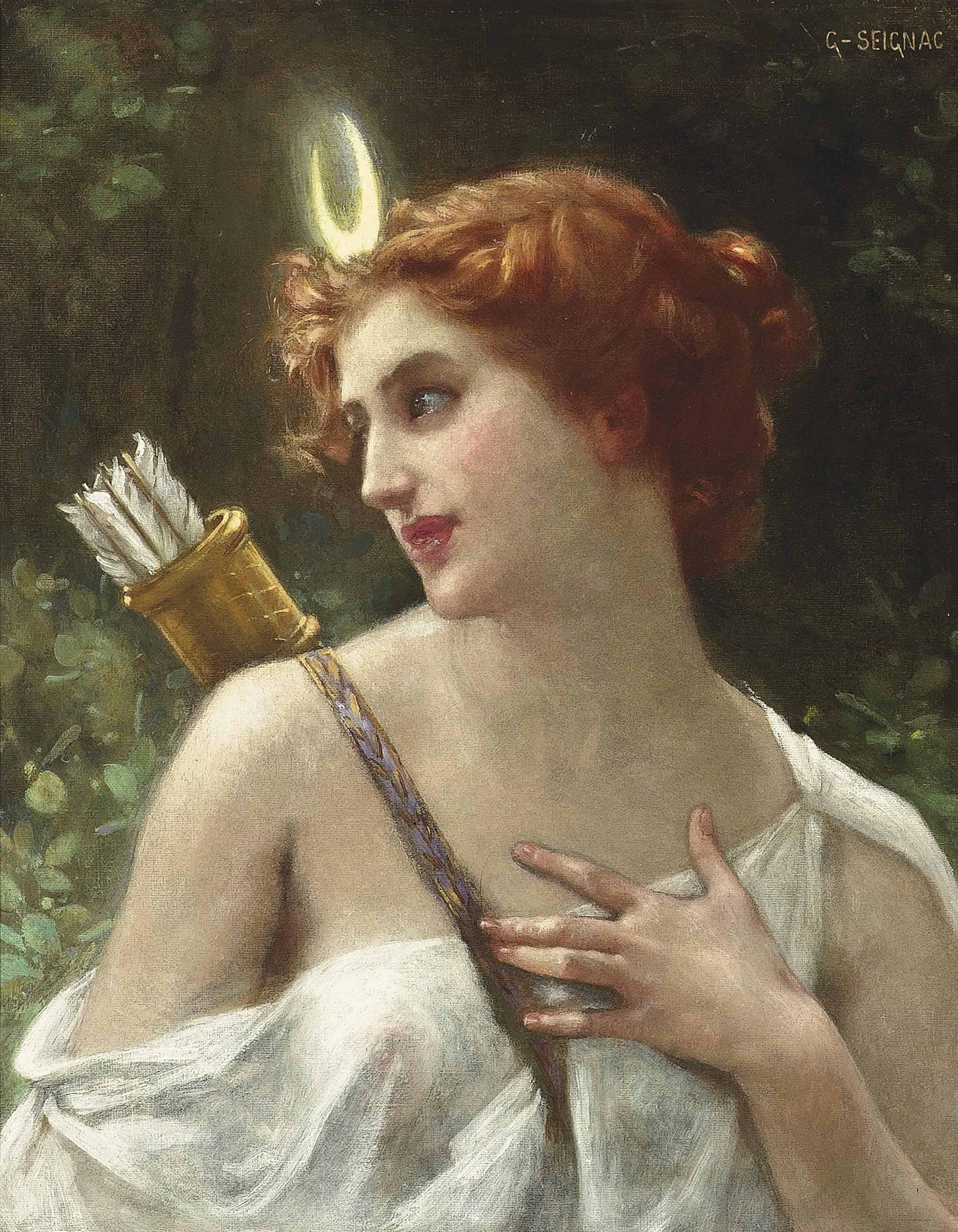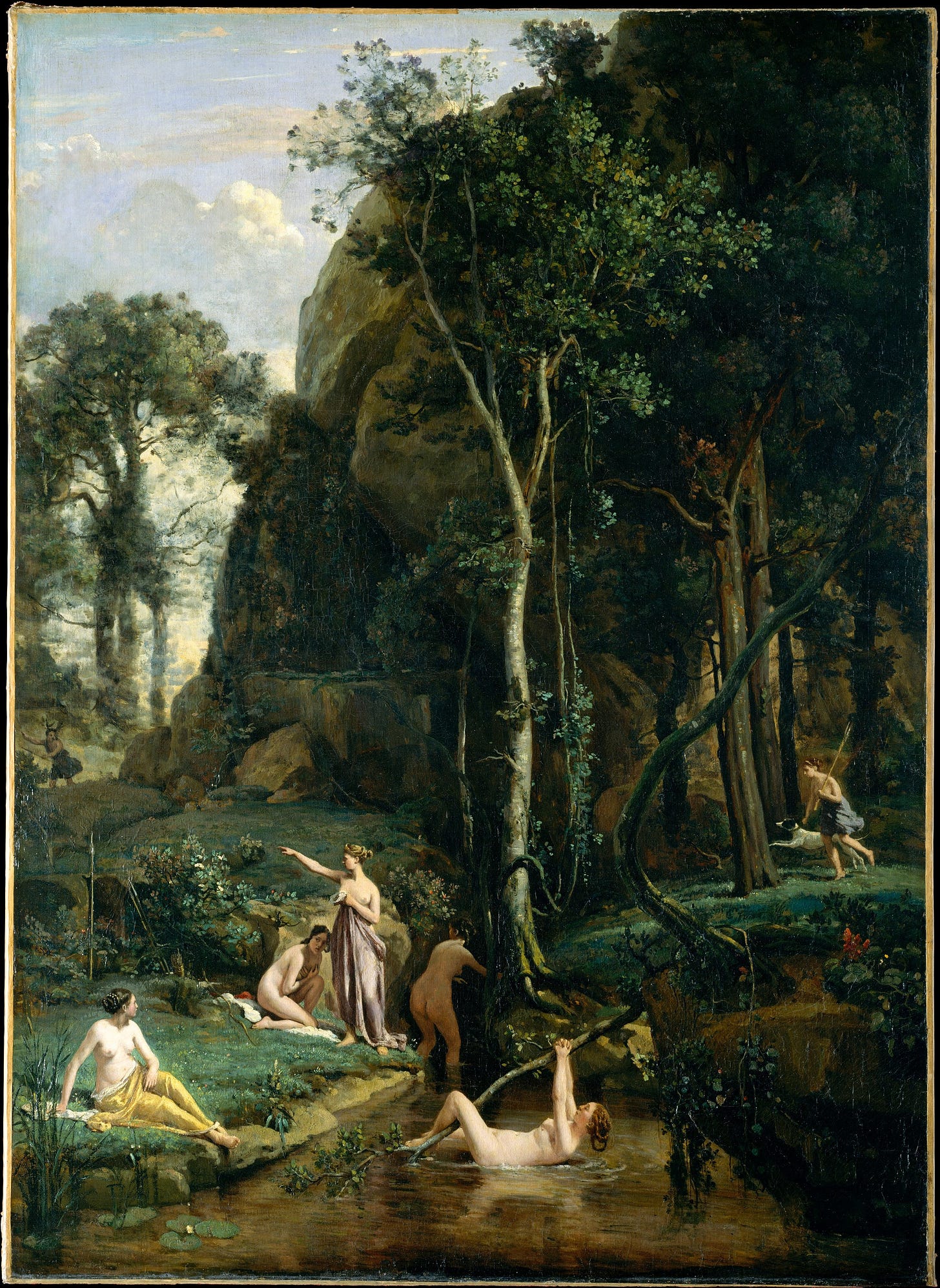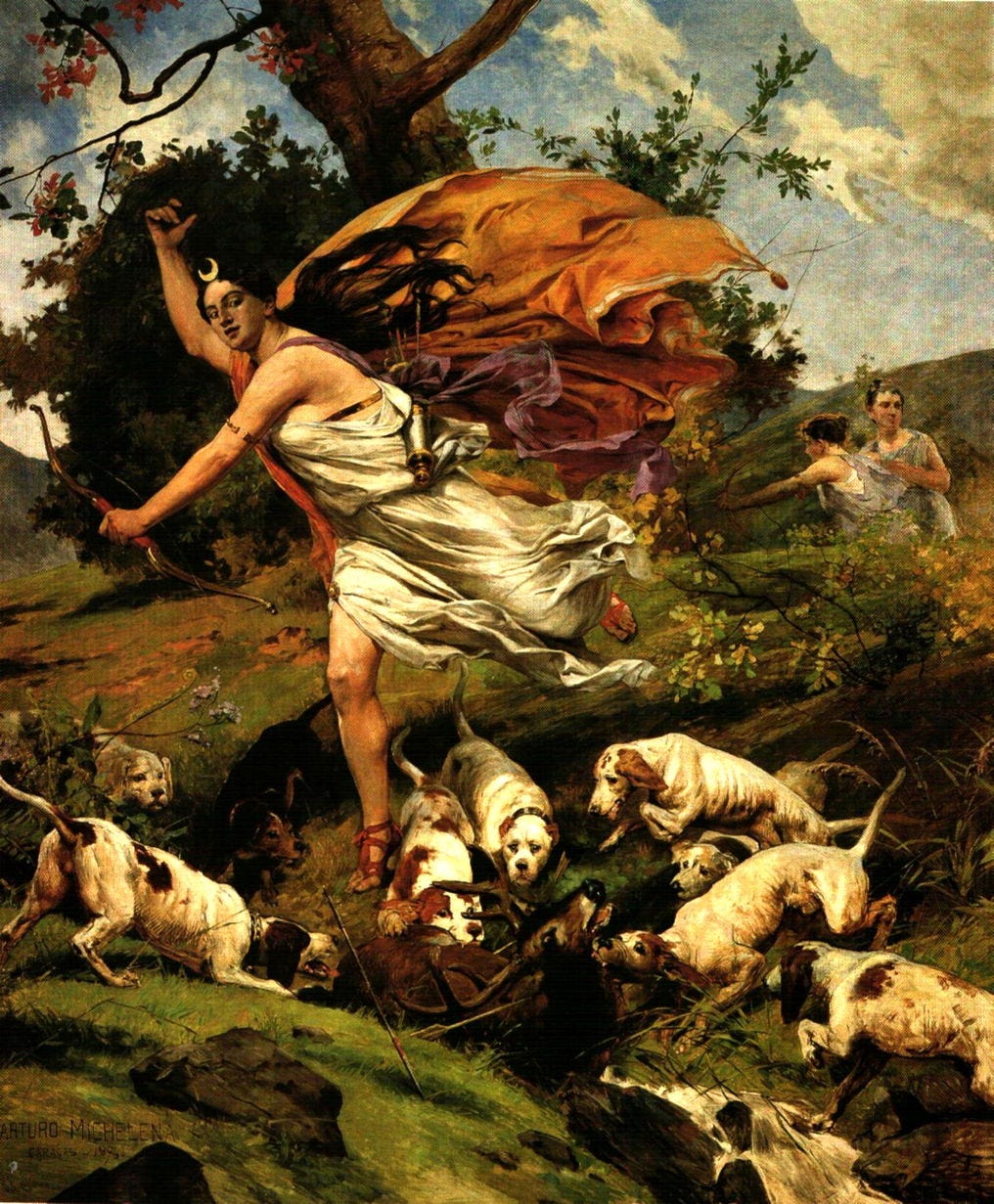I grew up in the boroughs of New York, in Staten Island and Brooklyn. Countless hours of my childhood were spent outside, playing on our oneway block, chasing fireflies in the summer, sledding in the winter. As much as I enjoyed being outdoors, I didn’t come to understand what nature really was till my family packed up and moved to California. We began taking trips to the Sierras; visiting Yosemite National Park, spending time camping or staying at a small cabin in the woods. This was a radical change from the urban environment I was raised in, and I can recall from an early age that something awakened inside of me as I spent time in the forest. I felt at home, that this is where I belonged. I have often said to myself over the years “One day I will end up in the mountains, living near the forest and animals…”
These formative experiences instilled a love of the wilderness that I’ve grown more into, preferring camping trips over visiting new cities, backpacking and hiking to concerts or going out to a new restaurant. The more I immerse myself in the wild, the more I feel at ease, called back to self. The urge to get out of the city and be somewhere new reached a culmination during the pandemic. I was presented with an opportunity to move out of the Bay Area to a small mountain town in the Southwest. Driven mostly by an intuitive sense of conviction1, I packed up and left.
Initially, I told myself that I would live here for around 1 year, using that time to recharge, do lots of hiking and focus on next steps with my career. Well, it’s been a year and a half, and I find myself at a difficult crossroads. On the one hand, I find life here to be grounding and healthy. It is slower and quieter, I have access to trails 10 minutes from my house and take regular camping trips on the weekends. On the other hand it feels isolating. I am far from my community and there isn’t a lot of opportunity to meet new people. I am faced with leaving behind a lifestyle that I feel truly aligns with who I am for a chance to reconnect and foster relationships I value deeply.
As I have been reflecting on this choice, I have come to see another force at play in my psyche. A greater archetypal grounding that has fueled my love of the wild, connected me deeply to animals, and driven my propensity towards isolation: this is Artemis, the Greek goddess of the hunt and wilderness.
Relating to Archetypes
“Archetypes are systems of readiness for action, and at the same time images and emotions. They are inherited with the brain structure, indeed they are its psychic aspect.”
- C.G. Jung, "Mind and Earth," CW 10
Many of Jung’s concepts put word and form to aspects of human experience and psychological reality that are difficult to elucidate. From the shadow to synchronicity, Jung’s theories rise into collective awareness, and yet, understanding of these ideas tends to just scratch the surface. To get at the heart of Jung’s work often requires that we venture deeper into ourselves and the world we live in, to see the patterns behind obvious manifestations and to trace their origins.
Archetypes are often misunderstood as meaning a typical image, figure or motif (like the Divine Child or the Dark Night of the Soul), however, these are the impressions that archetypes make upon our psyche as they rise into consciousness. In short, archetypes are innate predispositions to human behavior, they are organizing principles of experience, they give the psyche form. The way that we process information and navigate life is guided by the forces of the archetypes. They are analogous to our biological instincts and together they form a continuum that grounds and defines the human condition — the interplay between psyche and soma.
Let’s look at an example of archetypal representations vs an archetype.
The archetype of the father represents a pattern of understanding around authority, governance, stability, organization, protection, maintaining order, command, etc.
We can see this archetype manifested in the mythical stories of King Arthur or Odin.
In modern examples like Darth Vader or Ned Stark.
In our instincts and expectations towards our biological father or any individual who plays this role from an early age.
In our ability to step into a fathering role whether we have been modeled how to, or not.
These characters, King Arthur or Darth Vader, are not the archetype, but they are representations of the archetypal nature which defines Fathering. Thus, we generate images from our psyche that become common figures; when you see the King on a movie screen or read about them in a book, you already expect something, there is an inherent knowing.
If we are inflated by grandeur of the ego and have yet to experience the totality of all that psyche truly is, we tend to believe that we are all powerful and in control. That we are a particular archetype, or can summon one up at will to do our bidding. To guard against ego inflation, as many Jungians tend to say, “archetypes have us”, for they are the lodestar through the dark and disorienting paths of life. They shape us and provide instinctual responses to a variety of situations. And they have the capacity to overwhelm us as the supraordinate principle in the psyche.
The Influence of Artemis
“She was the lady of the beasts, valuing wild nature more than human feelings and relationships.”
- Edward Edinger, Eternal Drama: The Inner Meaning of Greek Mythology
If you pay attention, you can notice that certain archetypal structures are constellated in our life at any given time. Not by choice, but rather mysteriously. I am not Artemis but I sense her presence within. I recognize that I am tending towards particular behaviors, drives and emotions that are similarly expressed in her mythopoetic tales. Artemis is both the container to contextualize certain inner dynamics and the map of potential actions that I may find myself making.
Inhabiting her realm externally, by living in nature in a mountain town, I sense the temptation to succumb to her influence is even greater than before. I find myself entertaining the idea of forsaking relationship for the chance to hear the coyotes howl each night, to lay upon the forest floor and stare at the stars, to swim in the cold snowmelt rivers.
Artemis is a protectress of all that is wild, young and vulnerable. She answers the calling in my soul that yearns to be free, but not all aspects are virtuous. I must also examine my dark side and see how the archetype influences my shadow and unhealthy habits. As a virgin goddess, Artemis traps me in a puella state, where emotional life has been stunted at an adolescent stage. In this way, I feel that Artemis feeds my wounded inner child that has been exiled into loneliness, who has forsaken others and yearns to live away from civilization, with only dogs to keep her company.
As a powerful force of gravity, the archetype draws my personal experiences to it and shapes a pattern that I can become more conscious of. With this awareness, I find myself reflecting on this critical life transition. How can I honor the Artemisian principle without falling prey to its negative valence? Perhaps I will take steps back towards community while knowing that I can hike with Artemis as an inner companion, imagining her alongside as I take to the trails, whether I am in the forest or not. I can resist the urge to follow her path towards isolation and open myself to emergent potentials that seek to unite a love of nature with the complicated but beautiful reality of being in relationship with others.
check out the post Mapping the Psyche for more on my personality type.








what an amazing, in-depth piece. i absolutely love the way you’ve described archetypes and their function in our life!